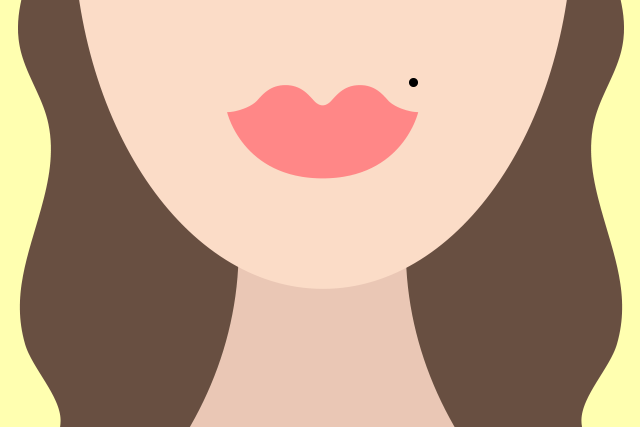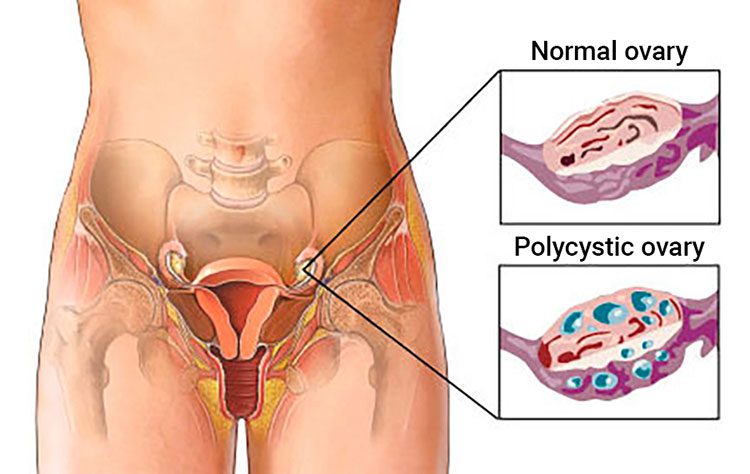Honestly, I didn’t even know that this symptom exists, until a close friend of mine highlighted that Polycystic Ovary Syndrome a.k.a PCOS is actually a common, serious health problem which startlingly affects one in 10 women of reproductive age (between 15 and 44 years old).
Apparently, it is estimated that 10 million women worldwide are affected by this hormonal disorder, and 50% of them are still undiagnosed!
What is PCOS?
PCOS is caused by an imbalance of reproductive hormones which create problems in the ovaries, resulting one to have a hormonal instability and metabolism problems that may affect their overall health and physical appearance.
Those who are affected by PCOS usually have extra androgens and too much insulin, a hormone that helps turn food into energy, which can cause darkened skin around the neck, behind knees, and other places. As a result, these girls often have to deal with obesity and low self-esteem issues.
Symptoms
The symptoms of PCOS may start as early as puberty or even before that. Concerns include acne, unwanted male-pattern hair growth on body (hirsutism), patches of dark skin, hair loss, male-type baldness, as well as infrequent, irregular or prolonged menstrual cycles — which can lead to the inability to get pregnant.
In fact, PCOS is one of the most common causes of female infertility.
As you all know, ovaries make the egg that is released each month as part of a healthy menstrual cycle. With PCOS, the egg may not develop or released during ovulation as it should be. Fret not, as technology now allows it to be treated by lowering your insulin levels and help you ovulate — or release an egg — each month.
Meanwhile, the term “polycystic ovaries” means that there are lots of tiny cysts, or little sacs on the ovaries. Some young women with PCOS have these cysts, but many others do not. Even if you have them, they are not harmful and do not need to be removed.
Moreover, those who are affected with PCOS may be at higher risk of other health problems such as heart problems and thickening of uterus lining, which can eventually lead to cancer. Getting treated at an early age may help reduce these risks.
Treatment
Although there is no cure for PCOS, there are lots of ways to treat it. Lifestyle changes such as eating well and staying active are great ways to deal with this disorder. Don’t smoke — or try to quit if you’ve started.
Alternatively, you can also opt to consume metformin to help with irregular periods, or anti-androgens which can reduce the effects of the male hormones such as excessive hair growth and acne on girls with PCOS.
In the slideshow above, you can view some personal confessions from women who are suffering from PCOS. May the force be with you, and we sure hope they’ll find an actual cure soon! 💪
[Source]























